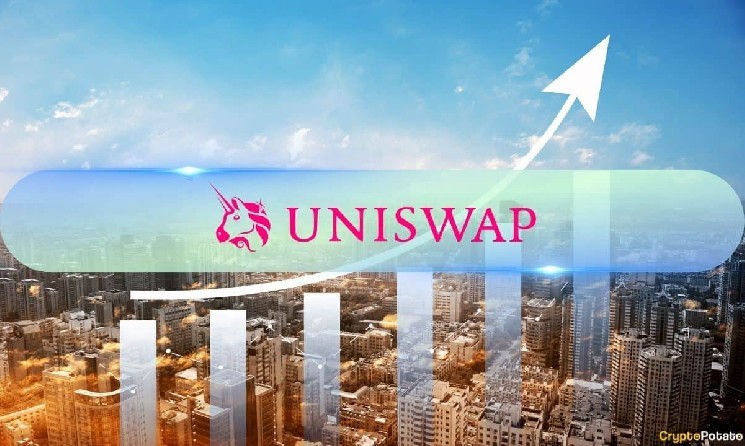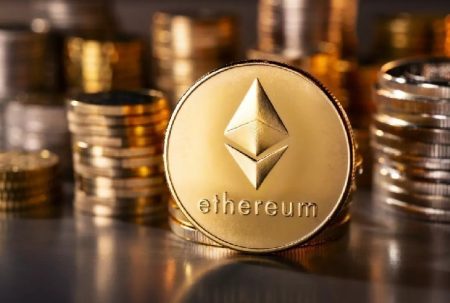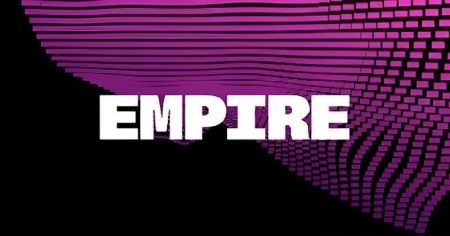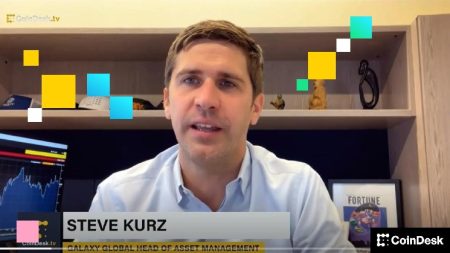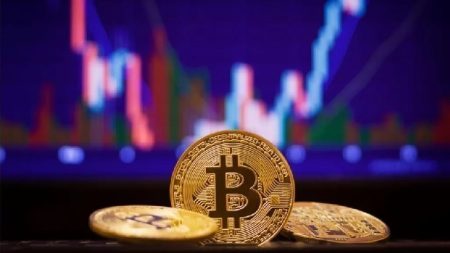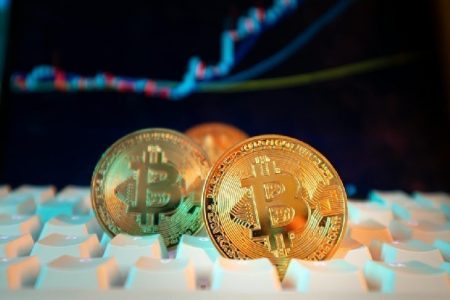Uniswap Reclaims DEX Crown Amid Shifting Market Dynamics in August 2025
Market Leader Resurfaces with Triple-Digit Billion Trading Volume
In a remarkable display of resilience and market strength, Uniswap has recaptured its position as the leading decentralized exchange (DEX) following months of intense competition and market volatility. August 2025 marked a significant turning point for the platform as it recorded an impressive $111.8 billion in trading volume, representing a substantial 28.3% increase compared to the previous month. This achievement marks the second time this year that Uniswap has broken through the $100 billion trading volume threshold, signaling renewed confidence in the platform among cryptocurrency traders and investors.
The resurgence comes at a critical time for Uniswap, which had experienced a concerning decline in market share during the early summer months. According to comprehensive data compiled by cryptocurrency analytics firm CoinGecko, Uniswap’s market dominance had fallen to a concerning 19.4% in June – its lowest point this year. This temporary setback allowed rival PancakeSwap to briefly overtake Uniswap as the leading DEX platform, fueled largely by the successful launch of Binance’s Alpha 2.0 program and its accompanying rewards system that dramatically boosted user engagement and trading activity.
Competitive Landscape Reshapes as PancakeSwap Loses Momentum
PancakeSwap’s meteoric rise earlier this year was nothing short of remarkable, with the platform achieving unprecedented daily trading volumes approaching $5 billion during its peak performance period. This surge in activity propelled PancakeSwap to a commanding 64.5% market share in June, fundamentally altering the competitive dynamics within the DEX ecosystem. However, this dominance proved short-lived as August brought a dramatic reversal of fortune for the platform.
The latest market data reveals PancakeSwap experienced a precipitous 44.7% decline in trading volume during August, falling to $92.0 billion from its previous highs. This substantial contraction reduced its market share to 29.5%, creating an opening that Uniswap quickly capitalized on to reclaim its leadership position. Industry analysts suggest this shift may reflect both the natural cooling of initial excitement surrounding Binance’s Alpha 2.0 program and a strategic reallocation of trading activity across multiple platforms as users seek optimal liquidity pools and trading conditions.
“What we’re witnessing is the natural ebb and flow of competition in a rapidly evolving market,” explains Dr. Eleanor Sanderson, cryptocurrency economist at Global Digital Asset Research. “Temporary spikes in activity driven by reward programs typically normalize over time, allowing platforms with sustainable value propositions to reassert themselves. Uniswap’s recovery demonstrates the resilience of its core infrastructure and user experience in attracting consistent trading volume.”
Emerging Challengers and Market Diversification
While the Uniswap-PancakeSwap rivalry has dominated headlines, the broader DEX landscape continues to evolve with several emerging platforms making significant inroads. Aerodrome has solidified its position as the third-largest decentralized exchange, capturing 7.4% of the market in August with nearly $23 billion in trading volume – representing an impressive 28% month-over-month increase. This consistent growth trajectory suggests Aerodrome is successfully carving out a sustainable niche within the competitive DEX ecosystem.
Perhaps even more noteworthy is the meteoric rise of Hyperliquid, which recorded a staggering 129.3% month-over-month increase in trading volume, reaching $21.4 billion in August. This explosive growth catapulted Hyperliquid to a 6.9% market share and established it as the fourth-largest DEX, surpassing several established Solana-based competitors in the process. Industry observers point to Hyperliquid’s innovative approach to liquidity provision and competitive fee structure as key factors driving its rapid adoption among traders.
“The rise of platforms like Hyperliquid demonstrates that innovation continues to drive market share shifts in the DEX sector,” notes Marcus Chen, blockchain technology analyst at Distributed Systems Institute. “While still substantially behind market leaders Uniswap and PancakeSwap in absolute terms, these emerging platforms are introducing competitive pressures that ultimately benefit end users through improved services, lower fees, and technological advancement.”
The remaining top 10 decentralized exchanges collectively accounted for 27.3% of the overall market, highlighting the increasingly fragmented nature of DEX trading activity. This diversification reflects both the maturing ecosystem and the specialized nature of various platforms catering to specific blockchain networks, trading pairs, or user preferences.
UNI Token Faces Volatility Despite Platform Success
Interestingly, Uniswap’s governance token, UNI, has not mirrored the platform’s market success, experiencing substantial price volatility throughout the period. The token formed a local price peak exceeding $12 in mid-August before encountering significant selling pressure that triggered consecutive downward corrections. Despite the platform’s operational achievements, UNI has since consolidated in the $9-10 price range through early September, highlighting the often-complex relationship between platform usage metrics and token valuation.
This disconnection between platform performance and token price action has prompted discussions among crypto analysts regarding the factors influencing UNI’s market behavior. Some attribute the volatility to profit-taking following the strong upward momentum witnessed through most of August, while others point to broader market dynamics affecting the entire cryptocurrency sector during this period.
“Token valuations don’t always directly correlate with platform metrics in the short term,” explains Sophia Rodriguez, digital asset strategist at Blockchain Capital Advisors. “Various factors including market sentiment, liquidity conditions, and broader macroeconomic trends can influence token prices independently of underlying platform performance. Long-term, however, we typically see convergence between operational success and token value appreciation.”
Perspective on Uniswap’s Global Financial Footprint
Despite Uniswap’s undeniable significance within the decentralized finance ecosystem, its overall valuation remains relatively modest when compared to traditional financial institutions. Bitwise Chief Investment Officer Matt Hougan provided an illuminating perspective on this disparity, noting that UNI’s market capitalization of approximately $6 billion places it on par with mid-sized regional financial institutions rather than global banking giants.
Hougan compared Uniswap’s valuation to that of Storebrand, a mid-sized Norwegian insurance firm, emphasizing that despite Uniswap’s prominence within the DeFi space, its financial footprint remains relatively small within the broader global financial landscape. This comparison underscores both the significant growth potential remaining for decentralized exchanges and the substantial gap that still exists between traditional and decentralized finance in terms of market capitalization and institutional adoption.
“When we place Uniswap’s valuation in the context of global financial markets, we gain perspective on both how far DeFi has come and how much room for growth remains,” says Dr. Jonathan Wei, professor of financial technology at Cambridge University. “A $6 billion valuation represents remarkable progress for a decentralized protocol, but also indicates substantial upside potential as these platforms continue to mature and potentially capture market share from traditional financial intermediaries.”
As the decentralized exchange landscape continues to evolve through 2025 and beyond, Uniswap’s ability to maintain its reclaimed market leadership will likely depend on continued innovation, effective governance, and adaptability to changing market conditions. The competitive dynamics between established platforms like Uniswap and PancakeSwap, alongside rising challengers such as Aerodrome and Hyperliquid, ensure that the DEX ecosystem remains one of the most dynamic and rapidly evolving sectors within the broader cryptocurrency and decentralized finance markets.




